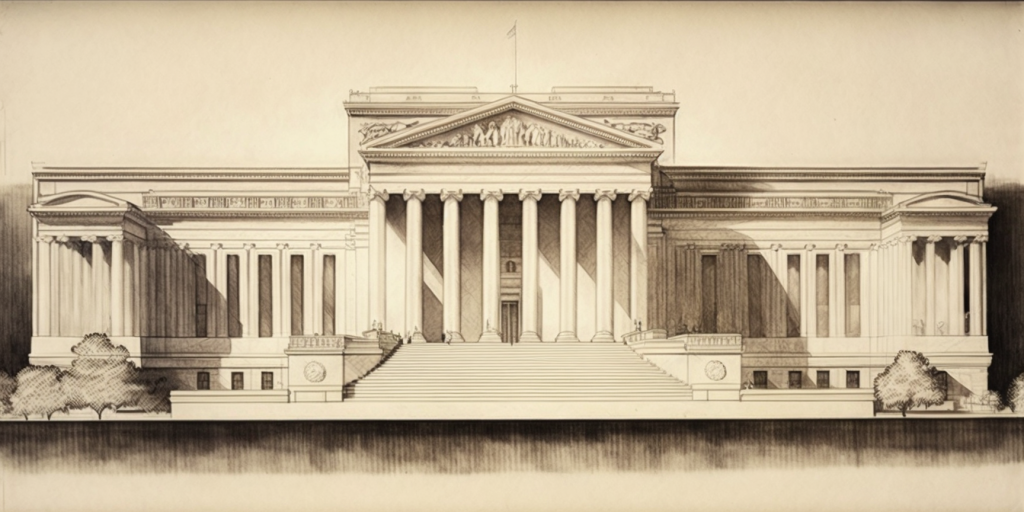by Dennis Crouch
The Supreme Court's October 2024 term begins a day early this year. On September 30, the Court will meet for what has become known as the "long conference" -- passing judgment on dozens of petitions that have been briefed over the summer break. The long conference is primarily a time to deny a large swath of petitions with very few certiorari grants. Petitioners are usually simply hoping for a relist -- holding over their case for some future conference and a more complete consideration.
A number of patent cases will be reviewed that day. The following are patent cases scheduled for the Long Conference, listed roughly in the decreasing order of likelihood of being granted certiorari (in my estimation):
To continue reading, become a Patently-O member. Already a member? Simply log in to access the full post.
